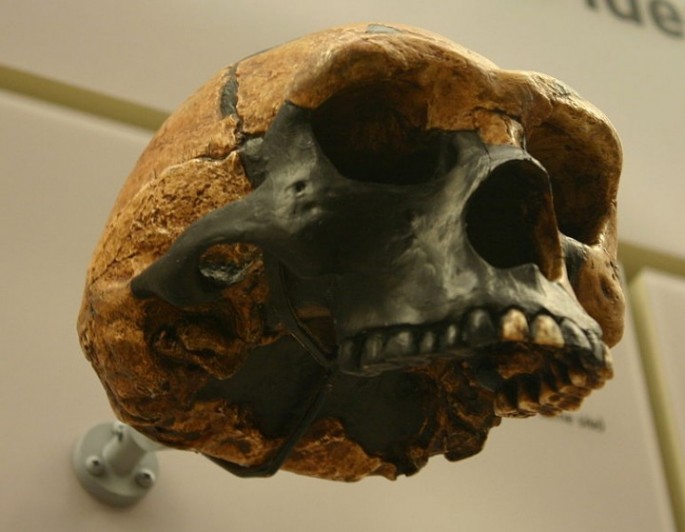Chinese archaeologists have uncovered artifacts dating back to at most 500,000 years ago at a limestone quarry site in Luotuo Hill in the coastal city of Dalian, Liaoning Province.
Several animal bones and horn and stone tools were found in an area believed to be have been the site of human activity between 300,000 and 500,000 years ago, according to Xinhua News Agency.
Research teams from the Institue of Vertebrate Paleontology and Paleoanthropology of the Chinese Academy of Sciences and the Dalian Natural History Museum have retrieved more than 1,000 vital objects from the site since they started excavation work in August.
Huang Weiwen, a researcher with the intitute, said that the stone tools and large herbivorous animal bones that show signs of having been cut or smashed by humans are evidence of early human activity at the site.
The period the site is believed to have witnessed human activity makes it contemporaries with Beijing's Zhoukoudian Caves, where the skulls of the widely known Peking Man were discovered in the 1920s and 1930s.
Antelope horn tools as well as fossils of deer, elephants, tigers and wild boars were found both at the Zhoukoudian Caves and the newly unearthed site in Luotuo Hill.
"The discovery of the Luotuo Hill site of early human beings is of great significance," said Gao Chunling, deputy head of the Dalian museum.
The site is likely to hold the earliest cultural ruins in northeast China, said Gao, adding that the finds are important for the study of human evolution and the origin and deveopment of culture in the region.
Human fossils, however, have yet to be discovered at the site, and excavation work for that purpose is scheduled to be performed.




























